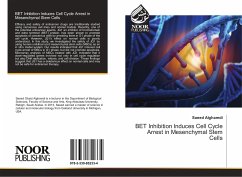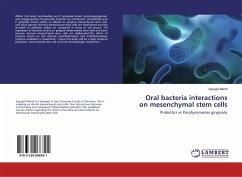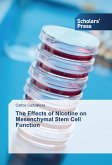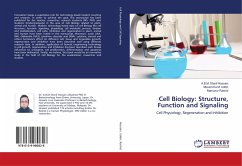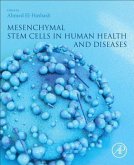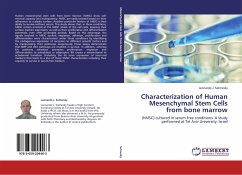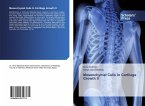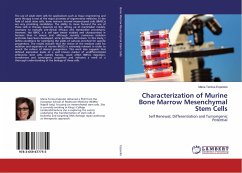Efficacy and safety of anticancer drugs are traditionally studied using cancerous cell lines and animal models. Recently, one of the potential anticancer agents, JQ1 an inhibitor of bromodomain and extra terminal (BET) protein, has been shown to promote apoptosis of cancerous cells by arresting them in G1 phase of the cell cycle. However, JQ1's effect on normal cells is poorly understood. In this study, we investigated the safety of JQ1 by using human umbilical cord mesenchymal stem cells (MSCs) as an in vitro model system. Our results indicated that JQ1 induced cell cycle arrest of MSCs in G1 phase, but did not promote apoptosis. Microarray analysis of MSCs treated with JQ1 indicated that it down-regulated genes involved not only in cell cycle regulation but also DNA replication, mitosis, and cell division. These findings suggest that JQ1 has a deleterious effect on normal cells and may not be safe for anticancer therapy.

